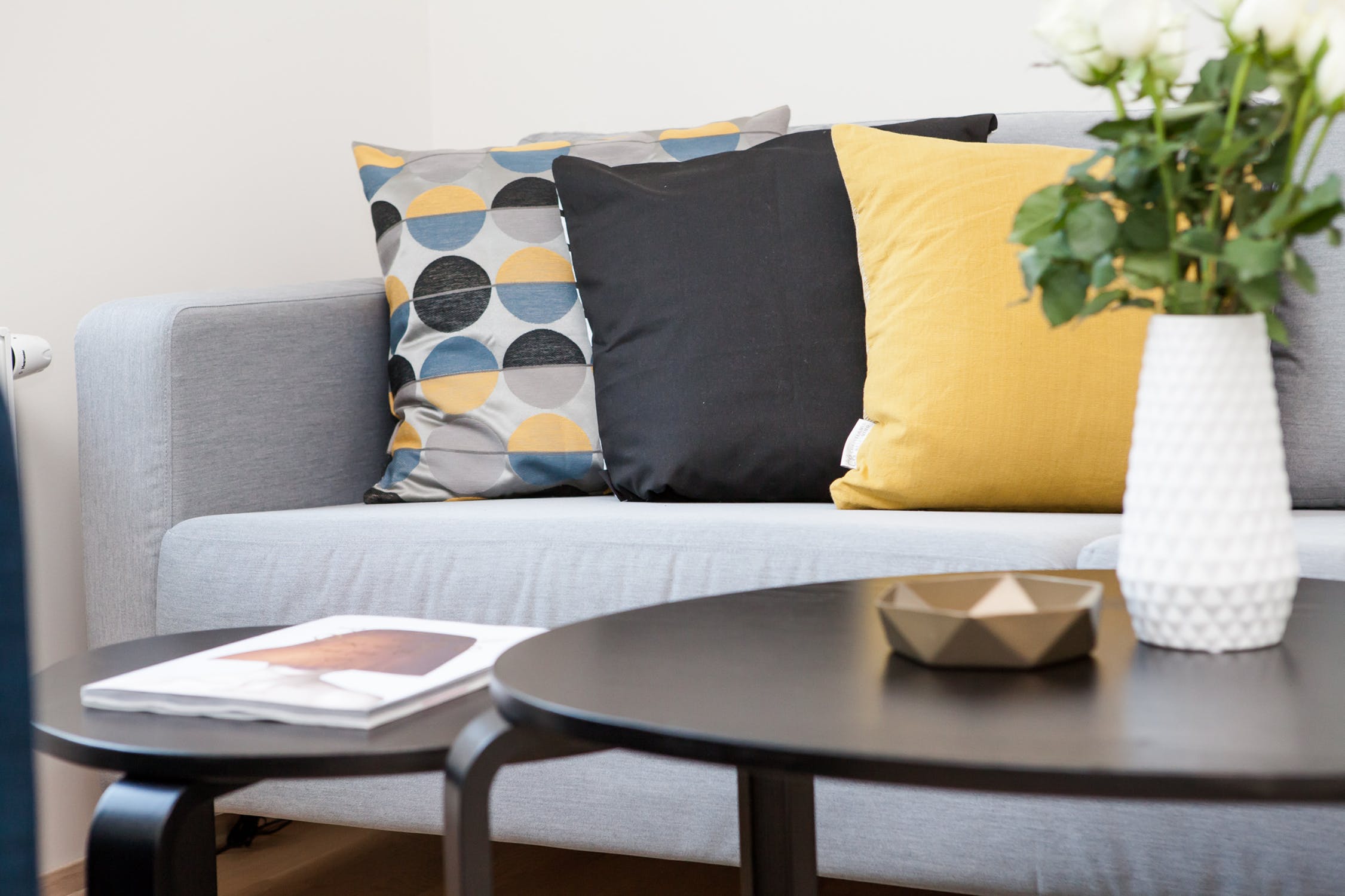You’ve finished rehab. Now what?
In a rehabilitation facility, you’re surrounded by like-minded others who are on the same path to recovery that you are. In a sense, you are all in the same boat, heading in the same direction. Having people around you who share the journey can make some aspects of recovery a little more tolerable.
Leaving rehab is an exciting time, but it is also a scary one. When you come out of the self-contained cocoon that is a rehab facility, it’s suddenly you against the world. The access to substances is still there, and now it’s up to you to maintain your sobriety. You have to rely on what you’ve learned in recovery, and choose to stay sober every single day. It can seem like a monumental and overwhelming task.
Sober housing is a way to bridge the gap between rehab and the real world. Instead of being thrust back into society in your raw and vulnerable state, sober living gives you a way to ease back into your life, and gain confidence in the tools and interventions that will help you stay sober.
Sober Housing is A Safe Place
For people struggling with substance addiction, it is important to have safety and stability. In fact, it’s been proven that social and environmental factors can have an enormous impact on sobriety.
Even for a person who is highly motivated to get sober and stay clean, an unhealthy living environment can be a mitigating factor in your success. A home that offers easy access to substances, or living with someone who uses can make it exceptionally difficult to distance from unhealthy behaviors. For many addicts, these fears are real. If the life you are returning to is dysfunctional, your chances of relapse are much higher.
The Benefits of Sober Housing
Sober housing isn’t a rehabilitation facility, but it operates under a similar concept.
Sober housing is a transitional housing model intended to help individuals on their path to recovery from addiction. These residences are often structured around the 12-step process, and like rehab, they offer structure, safety, and stability to its residents. It is a segue between rehab and reentry into mainstream society, and a way to continue to strengthen coping strategies, mental health, and willpower.
It’s about like-minded individuals continuing their journey of recovery together. For anyone who struggles with addiction, the solidarity of peer support can be incredibly empowering. Studies have shown that individuals who had access to sober housing had better long-term outcomes in sobriety, mental health, employment, and housing.
How to Find Sober Housing
Sober housing requires payment of rent, just as you would when sharing an apartment or a house. You are welcome to stay as long as they like as long as you abide by the house rules. Residents are expected to share the load with housework and keep up with meetings, counseling, and other recovery commitments.
You Are Halfway Home
If you are struggling with addiction, just remember that you are not alone. Don’t be afraid to reach out – we are here to help, and you don’t need to struggle by yourself.
To find sober housing in your area, connect with a helpline, or browse online databases to direct your search.

Choose Recovery Over Addiction
We're here 24/7 to help you get the care you need to live life on your terms, without drugs or alcohol. Talk to our recovery specialists today and learn about our integrated treatment programs.






